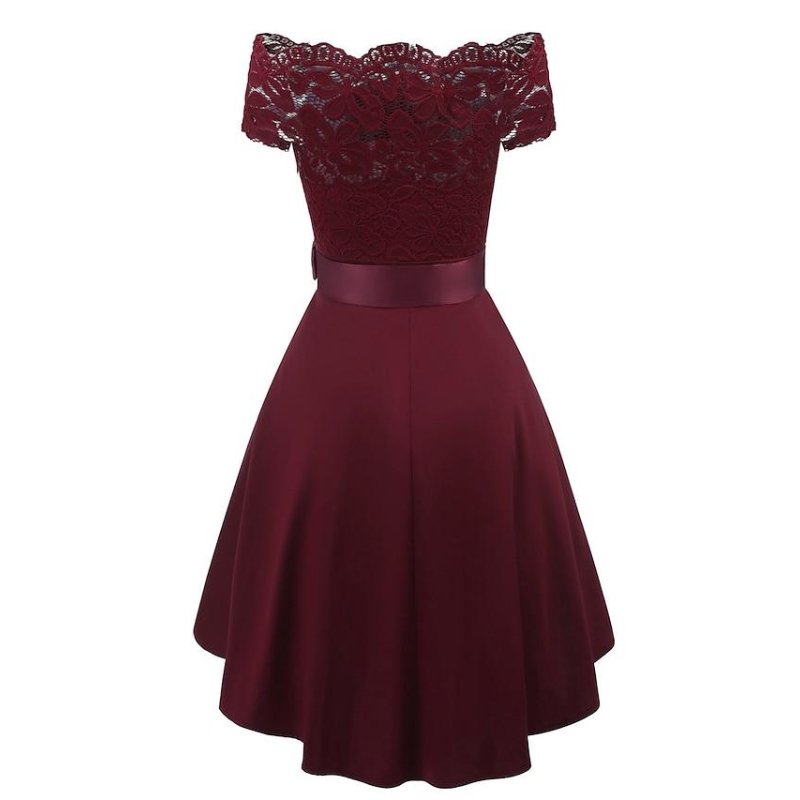Tag 1: Fashion
Tag 2:Apparel
Tag3: Style
As humans, we have been wearing clothes for centuries. What started as a basic need for protection against the elements has now evolved into a multi-billion dollar industry with ever-changing trends and styles. However, clothing is not just about looking good or keeping warm; it also has a significant impact on our psychology and well-being.
Fashion plays an important role in society’s perception of individuals. The clothes we choose to wear reflect our personality, social status, and cultural background. Studies have shown that people make snap judgments about others based on their appearance within seconds of meeting them. This means that what we wear can influence how others perceive us.
Not only does fashion affect how others see us, but it also affects how we see ourselves. Wearing stylish or flattering clothes can boost our self-esteem and confidence levels, making us feel more attractive and competent. On the other hand, ill-fitting or outdated clothing may make us feel self-conscious and insecure.
Moreover, clothing can also impact our mood and behavior. The color psychology of different fabrics can evoke specific emotions in individuals – bright colors like yellow and orange are associated with happiness while darker shades like black may signal authority or seriousness. Similarly, certain types of apparel such as activewear or formal attire can trigger corresponding behaviors – think about how you feel when you put on your favorite workout gear versus a professional suit.
In addition to its psychological effects, clothing also plays a crucial role in protecting our physical well-being. Appropriate attire for various weather conditions ensures that we stay comfortable and healthy while going about our daily activities.
Furthermore, the fashion industry has long been criticized for unethical practices such as exploitation of workers in developing countries and environmental degradation through fast-fashion production methods. As consumers become increasingly aware of these issues, there is a growing demand for sustainable and ethical clothing. Brands that prioritize fair labor practices and use eco-friendly materials are gaining popularity, leading to a positive impact on both the environment and society.
In conclusion, clothing is not just about looking good; it holds immense power in shaping our perception of ourselves and others. It also has a significant influence on our mood, behavior, and physical well-being. As the fashion industry continues to evolve, let us strive for conscious consumption by choosing apparel that aligns with our values while still allowing us to express our unique styles. Remember, fashion is more than just what we wear; it’s a reflection of who we are.

